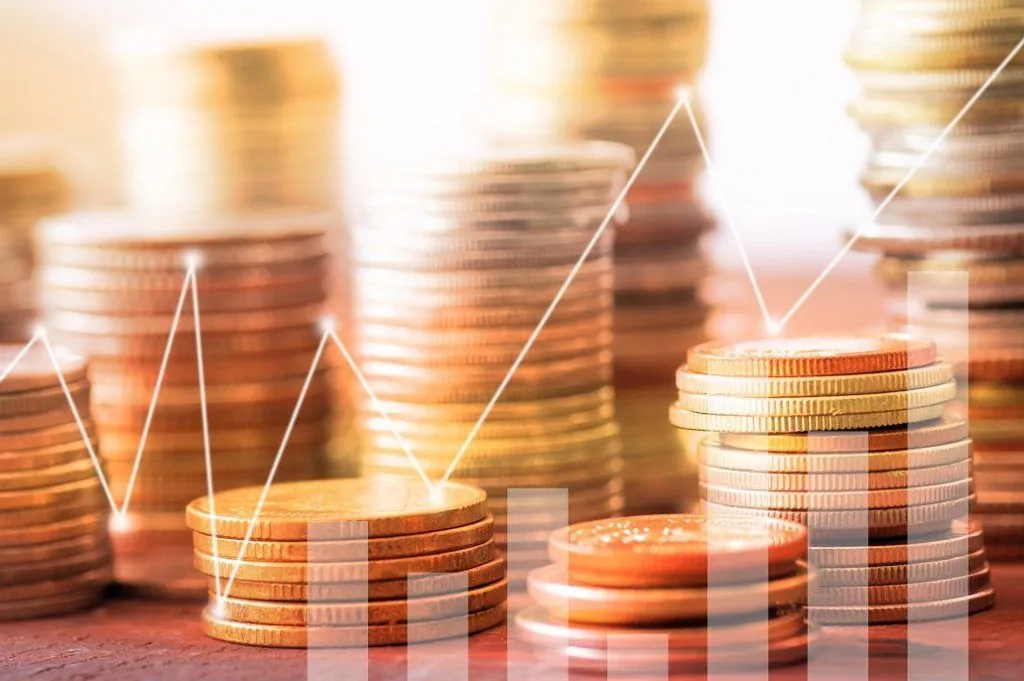There are several different types of capital in business, including financial and economic capital. Understanding the relationship between financial and economic capital is essential for determining risk, value, and other important metrics for your business.
If you’re planning on starting your own business, then it’s helpful to know the differences between financial and economic capital. By clearly understanding the nuances between the two types, you can be more effective and successful in your role as a business owner.
Understanding Financial and Economic Capital
Capital can be easily defined as the money raised from equity and debt issues. However, the term “capital” carries multiple meanings in economics and finance. Financial capital is the monetary value of a company’s assets used to produce goods or deliver services.
Economic capital, on the other hand, is the amount of money needed to offset any possible losses from unforeseen risks. In simpler words, a business’s economic capital is just a measure of its solvency.
Financial Capital
Financial capital is a broader term compared to economic capital. Essentially, anything with a monetary value that is utilised to generate future revenue can be considered financial capital. For most investors, financial capital is encountered through debt and equity investments. Analysing financial capital can reveal existing problems within a business or identify opportunities for potential growth and recovery.
Economic Capital
Initially developed as a tool for internal risk management, economic capital addresses a fundamental question: “How much financial capital does the business need to cover potential future losses based on its current risk exposure?” Organisations frequently use specific proprietary formulae and procedures to evaluate their economic capital, but this process has developed over time as they face a variety of risks.
Differences between Financial and Economic Capital
The dissimilarities between financial and economic capital lie in their scope and purpose. You can differentiate between the two types by defining:
What they Include
Economic capital focuses on risk-related factors rather than a business’s cash flow or its assets’ monetary value. For instance, when a store operates for a day, incurring costs like employee salaries and overhead expenses, economic capital represents the potential loss the company could face on that specific day due to its operations at its highest level of risk.
Financial capital comprises anything that monetarily benefits your business, and can include both equity and debt. It’s basically the amount of money that your business needs to maintain operations.
What they Represent
When comparing financial and economic capital, it’s important to note that they have different metrics. The overall cost, defined in dollars, that a firm incurs to provide products and services to its consumers is referred to as financial capital. It also includes inventory, machinery, and equipment that contribute to sales and revenue.
Since economic capital is a matter of risk, it’s not measured as a dollar value. Instead, it’s the amount that your firm needs to remain solvent considering its total level of risk. This type of capital refers to external economic conditions, like a seller vs buyer market for a realtor. It relates to both microeconomic and macroeconomic conditions and considers all other economic circumstances that may affect your business’s level of risk.
Who Uses Them
Financial capital is assessed internally by business professionals, but the information is also used by external parties like accountants, stakeholders, and financial institutions. For instance, when a business seeks a loan, the financial institution considers its financial capital to evaluate its repayment capacity based on assets like machinery, inventory, and floor space.
Economic capital is primarily analysed by financial executives within the company to determine risk factors, considering various external economic conditions and potential risks that could affect the business.
Importance of Financial and Economic Capital
Financial capital is a more encompassing term that involves anything of monetary value used by a business to generate revenue.
On the other hand, economic capital holds greater significance for internal use and strategic decision-making within a company. It helps organisations assess their financial capital needs to address potential losses based on the current risk model. If you’re having any difficulty managing your financial and economic capital, using a professional consultancy service, like Wisdom Business Consultants, can help elevate your business to a completely different level.
Your Queries About Financial and Economic Capital Answered
What is an example of economic capital?
Economic capital is essentially a measure of risk. It can include cash or any other asset that can be sold for cash in order to preserve solvency, such as commodities, automobiles, real estate, and equipment.
How are financial fields different from economic fields?
While both are related to money, keep in mind that they’re both very distinct fields. Economics is a science that details how global, national, and state markets distribute resources. Finance is a discipline that explains how firms manage their funds or assets.
What is an example of financial capital?
Financial capital includes credit, money, and any other type of funding that increases wealth for businesses and people. You can use financial capital to purchase more buildings, materials, or equipment, which can help provide goods and services to their consumers.
What are the features of financial capital?
Financial capital can be simply described as something that has monetary value and offers a cash flow for future benefits.
Do bonds count as financial capital?
You can raise financial capital in two ways. You can either sell bonds, which are similar to loans that you’ll have to repay in the future with interest, or you can sell stocks in exchange for partial ownership of your business.



